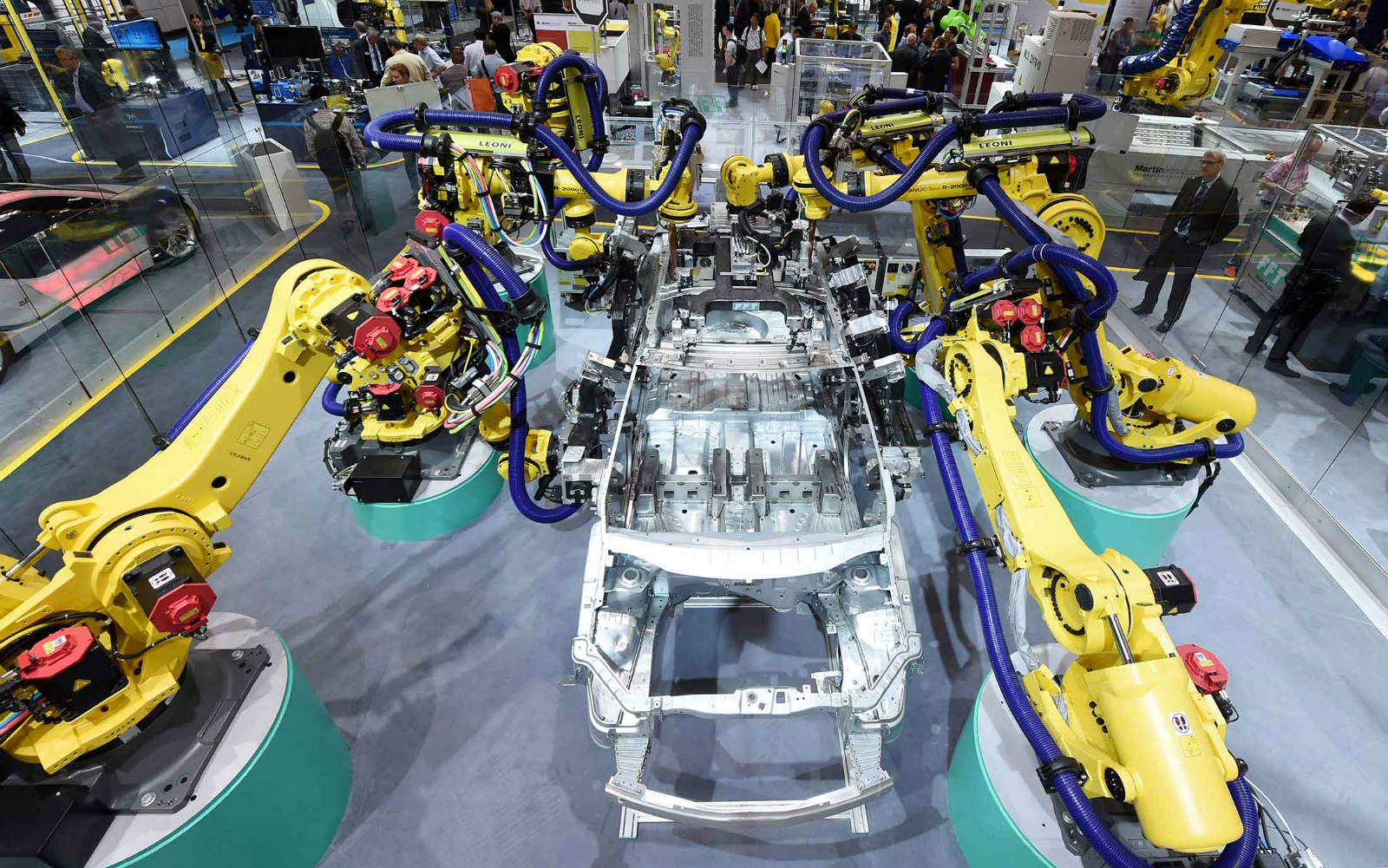Robots are quickly taking over factory work, and may be on their way to pushing financial traders out of their jobs

Are traders going to be pushed out of their jobs by artificial intelligence? Banks and investment funds are beginning to use machine-learning software — which allows computers and other forms of artificial intelligence to learn based on patterns and algorithms rather than programming — to begin taking over some of financial workers’ more “routine tasks,” Bloomberg reports. While the automation process has yet to push traders out of their jobs, firms appear to be already on that trajectory: “Bn’aire trader Steven Cohen is experimenting with automating his top money managers. Venture capitalist Marc Andreessen has said 100,000 financial workers aren’t needed to keep money flowing.” Despite the strides artificial intelligence has taken, the business information service notes that some roles remain a far bigger challenge than others to automate, including the “analysis of contract and illiquid assets underpinning securities in opaque markets.”
Meanwhile, Japan and China are embracing industrial robots and factory automation at a much more rapid pace than the rest of the world, Bloomberg Businessweek’s Joshua Hunt says. Japanese automation solutions company Fanuc has been producing hundreds of industrial robots — some of which produce more robots in the factory, while others are being used by major manufacturers to handle jobs from constructing complex motors to categorizing and packaging pills. China is a particularly popular destination for these industrial robots as workers “have proved less willing to perform dangerous, monotonous tasks” now that wages and living standards are on the rise.